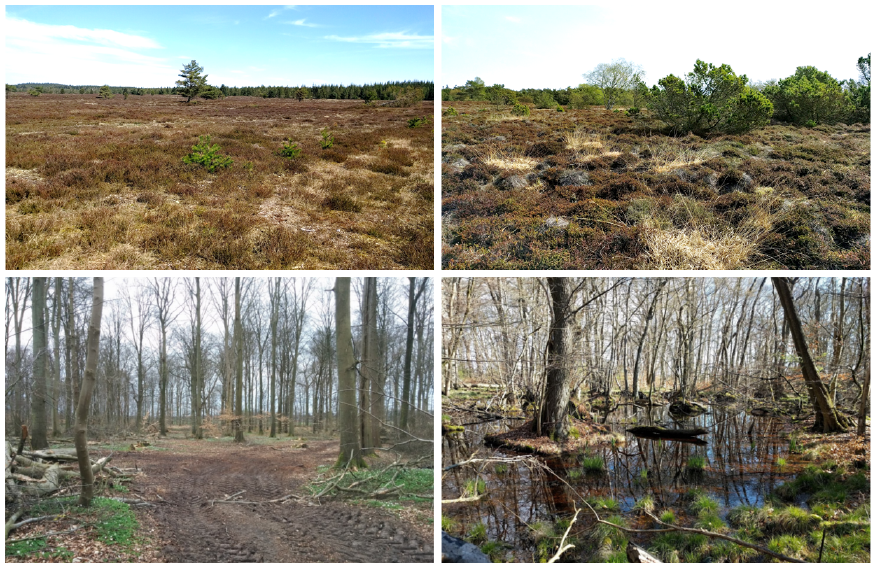Universitetsavisen
Nørregade 10
1165 København K
Tlf: 35 32 28 98 (mon-thurs)
E-mail: uni-avis@adm.ku.dk
PhD thesis defense
PhD thesis defense — David Bille Byriel defends his thesis 25 May 2021 at 13.00
Date & Time:
Place:
https://ucph-ku.zoom.us/j/66029365634
Hosted by:
Section of Forest, Nature and Biomass, Department of Geosciences and Natural Resource Management, Rolighedsvej 23, 1958 Frederiksberg
Cost:
Free
David Bille Byriel defends his thesis:
Conservation of insect diversity in semi-natural habitats in Denmark
Via Zoom
Supervisors:
Professor Inger Kappel Schmidt, IGN, UCPH
Assistant Professor Sebastian Kepfer-Rojas, IGN, UCPH
Assessment Committee:
Senior Lecturer Mats Jonsell, Swedish University of Agricultural Sciences
Lektor Emeritus Søren Toft, University of Aarhus
Associate Professor Hans Peter Ravn (Chair), IGN, UCPH
Summary:
Insects comprise more than half of all known species, and form the biological basis for terrestrial ecosystems worldwide. Despite this, insects remain neglected in ecological and conservation studies nationally and internationally. This PhD thesis investigated how Danish nature conservation efforts in heathlands and forests affected selected insect taxa.
Paper I: We investigated how old-growth unmanaged heathland affected the diversity of multiple insect taxa compared to traditional intensive management regimes. The results show contrasting responses of insect taxa, with some taxa preferring bare soil associated to management and some taxa preferring high dense vegetation associated with old-growth areas.
Paper II: We investigated how abandonment of heathland management affected ants. The results show varying negative effects of management on ant species richness and abundances of organic mound forming species related to decreasing vegetation complexity. However, ants with mineral mounds benefit from grazing and burning, but not from harvesting.
Paper III: We investigated how abandonment of forest management affected crane fly diversity in broadleaved forests. The results show that abandonment of forest management increases crane fly species richness and abundance, and that these responses are mediated through changes in edaphic conditions, particularly increased soil moisture and pH.
Paper IV: We build on the work conducted in paper III, and expand the experimental design to include forest wetland habitats. The results show that forest wetland habitats provide species rich crane fly communities, and that abandonment of forest management positively affects saproxylic and soil-inhabiting crane fly diversity across different habitats through changes in soil pH, light and moisture as well as increased microhabitat availability.
Altogether, our results demonstrate the importance of abandonment of management in structuring insect communities across different habitats and successional stages. To benefit heathland insect diversity, we recommend varied management regimes as well as allowing patches of old-growth vegetation stages to develop. To benefit crane fly forest communities we recommend reestablishment of natural hydrology and conservation of old-growth swamps in combination with abandonment of management.
